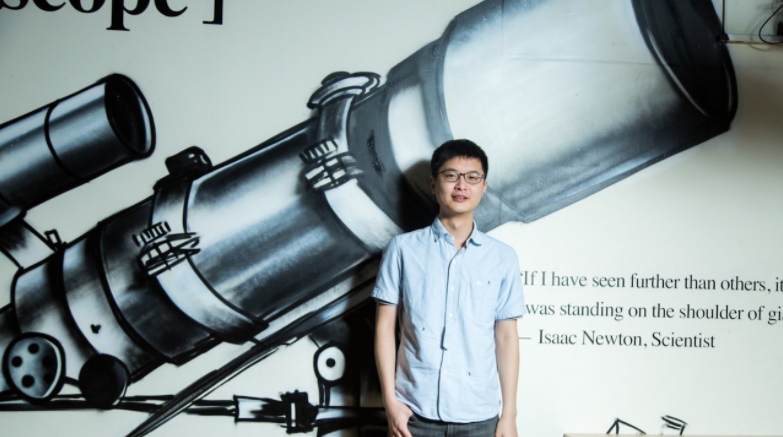Taiwan Video Game Developer Capitalizes on Post-apocalyptic Future

You’re virtually alone in a remote universe, completing a series of tasks in hope of contacting others across a barren, outer space environment.
In case you get stuck out there, it’s just a game. Taiwanese game developer SIGONO (Open in new window) created this scenario as part of its Opus series, which features stories paired with attractive graphics and audio.
The company’s pursuit of creativity over just another shoot-‘em up arcade game is paying off as its latest iteration, “Opus: Rocket of Whispers (Open in new window),” averages a million downloads and earned a Google Play Editor’s Choice recommendation.
Telling stories to compete
Unique stories such as the Opus narratives coupled with a co-founder’s depth of software knowledge have earned SIGONO awards and allowed it to vie with bigger-name game developers.
The Opus series was designed to feature a strong narrative story with attention to details such as artwork and music to compete against larger, better funded companies in the mobile game industry, SIGONO co-founder Brian Lee said.
Rocket of Whispers won Indie Game Award “Best Narration” at the 2018 Taipei International Game Show (Open in new window) , following similar honors last year.
Lee describes “Opus: Rocket of Whispers” as more “like a movie” with an emphasis on creativity and narrative structure with flexibility for multiple platforms. On Switch, Nintendo’s game console, the game earned a TOP10 ranking.
Quest to be different
Lee and co-founder Scott Chen developed an appetite for something different and niche-oriented while studying at Carnegie Mellon University in the United States. The teamed up and unexpectedly scored an early hit with a game for Xbox Connect. It was quickly picked up by Microsoft.
Though the company began with just two people in 2013, Lee was an early adopter of project management tools and keen to oversee efficient operations.
“Although everyone says that the game industry is a creative industry, it’s essentially a software industry,” Lee said. “For software project development, I think it would be terrible if there wasn’t strict control.”
As the company grew to about a dozen people, Lee has kept a watchful eye fretting “if one person delays progress, there will be a domino effect putting the software development at risk.”
SIGONO vies with bigger competitors who are willing to spend increasingly large sums to market games. In just 2012, the average marketing budget for mobile games was around US$150,000 and it’s now US$300,000 to US$600,000 .
Opus downloads continue to soar despite the company having a modest marketing budget.
The developer gets another boost from analytics and tools such as Google Firebase and BigQuery. Those integrate information to allow for localization based upon the needs of different users worldwide. From 80% to 90% of downloads originate overseas.
〔Original :Meet Startup @TW〕
Source: Meet Global (Open in new window)